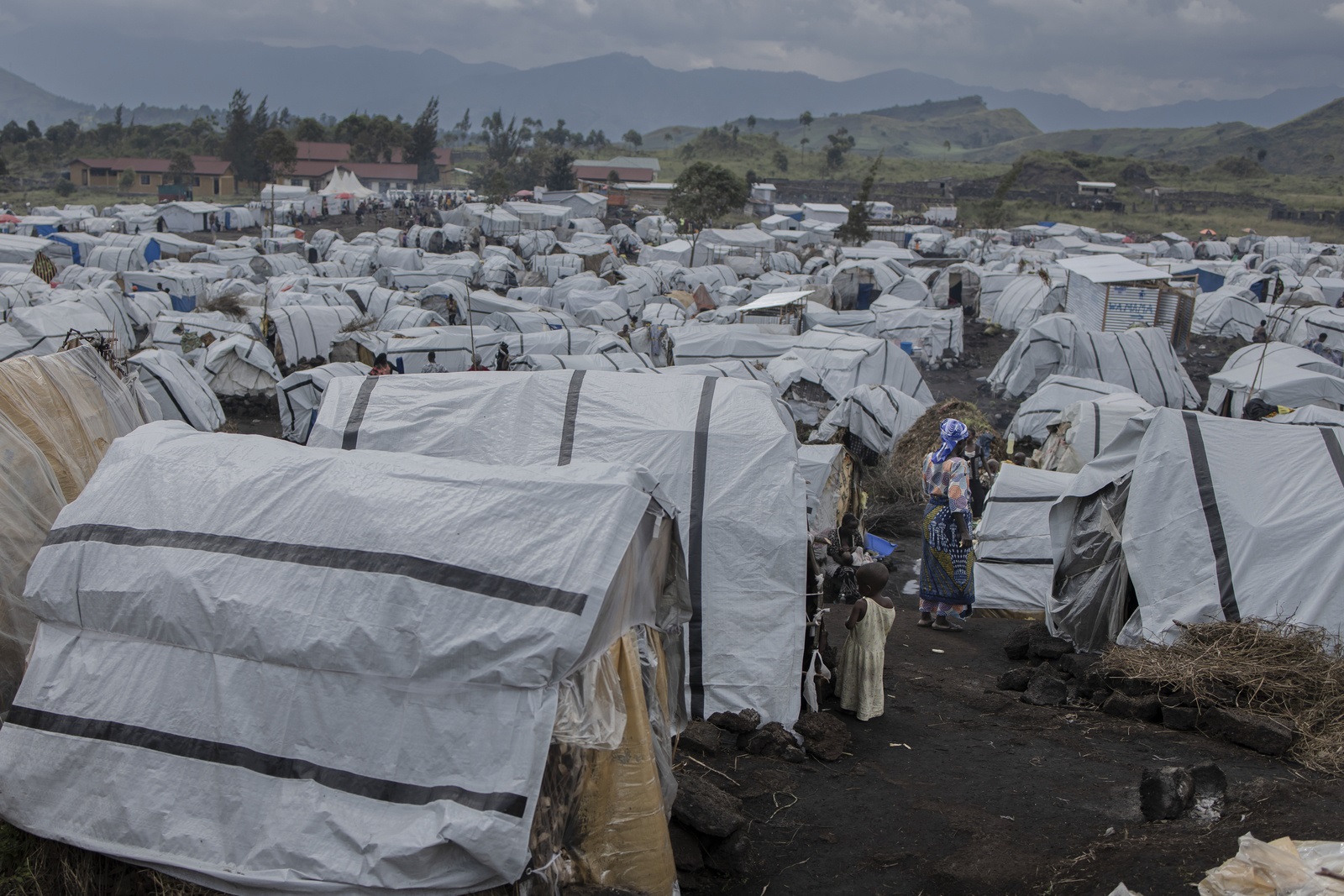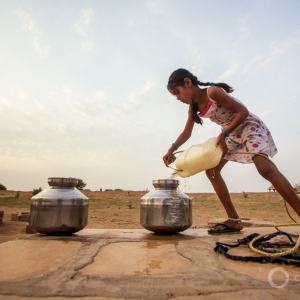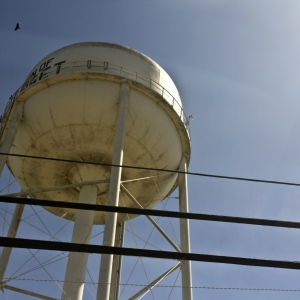The Stream, May 10, 2023: Guatemalan Town Awaits Open-Pit Mine Decision

A general view of Bulengo camp for internally displaced people in the east of the Democratic Republic of the Congo on 3 March 2023. Photo © WHO / Guerchom Ndebo
YOUR GLOBAL RUNDOWN
- Fueled by a hot, dry spring, nearly 100 wildfires are burning across Alberta, Canada.
- Of Africa’s deadliest weather events on record, five have occurred — in Somalia, Uganda, Malawi, Nigeria, and South Africa — since 2022.
- The Guatemalan government rejected a referendum vote from residents resisting an open-pit mine near a protected river and lake.
- After decades of urging by the Upper Skagit Indian Tribe, Seattle city officials made a commitment to fish passage on the Skagit River.
Hundreds of people died in floods and landslides in eastern regions of the Democratic Republic of Congo.
“This is yet another illustration of accelerating climate change and its disastrous impact on countries that have done nothing to contribute to global warming.” — United Nations secretary general António Guterres.
More than 400 people died in the Democratic Republic of Congo due to floods and landslides in the Kalehe Territory, and Bushushu and Nyamukubi villages, in the province of South Kivu.
The New York Times reports that “heavy rains pushed rivers to overflow their banks, causing rushing water and mud to flow into villages, washing away homes and ravaging farmland.” Nearly 3,000 families have been left homeless, according to the United Nations, as the humanitarian crisis continues with searches for missing persons.
Water contamination could be a problem. Per Reuters, the Congolese Red Cross has issued warnings that “destroyed sewage systems and bodies lying in debris are raising concerns about sanitation.”
Rain is expected to continue over the next 10 days, before the dry season is forecast to settle in. Last week, a similar crisis occurred in bordering Rwanda — floods and resulting landslides killed 130 people and destroyed 5,000 homes.
— Christian Thorsberg, Interim Stream Editor
Recent WaterNews from Circle of Blue
- Cholera Cases Spike Amid Extreme Weather, Conflict — Without clean water and sanitation, disease outbreaks multiply.
- Forest to MI Faucet — Using Trees to Keep Water Sources Pristine
The Lead
Residents of Asunción Mita, a Guatemalan town near the El Salvador border, are awaiting an appellate court decision which may determine the fate of the Ostúa River and Lake Güija, both located within a protected area of dry and tropical forest.
Mongabay reports that in 1997, a subsidiary of Goldcorp, a Canadian mining company, was given a permit to explore a 39-square-mile area where the town is located. In 2007, the Guatemalan government approved underground mining operations just over two miles from the town center. Once operations began, residents protested the mine’s pollution and the daily dumping of more than 10,000 liters of naturally heated wastewater into the Ostúa River. Researchers found “high concentrations of arsenic, boron, fluoride and possibly lithium” in the river, Mongabay reports.
The mine was sold in 2017 to Bluestone Resources, a company which seeks to turn the underground operation into an open-pit mine — a procedure that would require 18,000 liters of water per minute. Environmental studies by Bluestone have remained incomplete, and Asunción Mita residents last fall organized a referendum and voted against the reopening of any mine in the area. Per Mongabay, both the government and Bluestone rejected this result the very next day, leading residents to appeal to Guatemala’s Constitutional Court, which has yet to issue a ruling.
This Week’s Top Water Stories, Told In Numbers
964,000
Acres of forest in Alberta, Canada, that have burned this spring amidst ongoing extreme wildfires, the New York Times reports. More than 30,000 residents have been forced to leave their homes, including 3,700 Little Red River Cree Nation residents, many of whom left their lands for the very first time. A hot, dry spring contributed to an overabundance of kindling, which fueled the fires, BBC reports. Some 110 fires burned across Alberta over the weekend, but light drizzle and cooler temperatures have brought the active number down to 98 fires as of Monday.
16.7
Percent of Africa’s deadliest weather disasters — droughts, cyclones, and floods — that have occurred since 2022, Yale Climate Connections reports. Record-keeping began in 1900. One disaster (Cyclone Freddy in Malawi) took place in March 2023. Four others occurred last year: drought in Uganda and Somalia and flooding in Nigeria and South Africa. Research from the World Weather Attribution Group suggests the extreme weather that led to the disasters can be attributed to human-caused climate change. Indirect death tolls, brought on by water-related diseases including cholera, are more difficult to quantify, yet constitute real and lasting emergencies, Yale reports.
On the Radar
After three dams on the Skagit River impeded fish migration for nearly a century, the city of Seattle has pledged a $35.3 million project to provide fish passage for “all five species of Pacific salmon, steelhead, bull trout, sea-run cutthroat trout, Dolly Varden, Pacific lamprey and Salish sucker,” High Country News reports. Implementing the projects could take up to 15 years. The decision is due in large part to years of advocacy from the Upper Skagit Indian Tribe, who are still urging the removal of the river’s three dams. Despite the city’s decision, officials maintain their previous argument that “fish passage wasn’t necessary because the natural features below the dams already acted as barriers, despite a preponderance of evidence to the contrary,” according to HCN.
More Water News
Illegal Wells: Amidst ongoing drought, authorities in Spain are cracking down on growers for the “misappropriation of public waters and alleged fraudulent use of water for irrigation of subtropical crops,” Reuters reports.
Chicago Lead: Some 1,350 of the roughly 2,100 Chicago public schools that had submitted drinking water data were found to exceed the threshold for lead levels, a Chicago Tribune analysis revealed.
Christian Thorsberg is an environmental writer from Chicago. He is passionate about climate and cultural phenomena that often appear slow or invisible, and he examines these themes in his journalism, poetry, and fiction.







Leave a Reply
Want to join the discussion?Feel free to contribute!